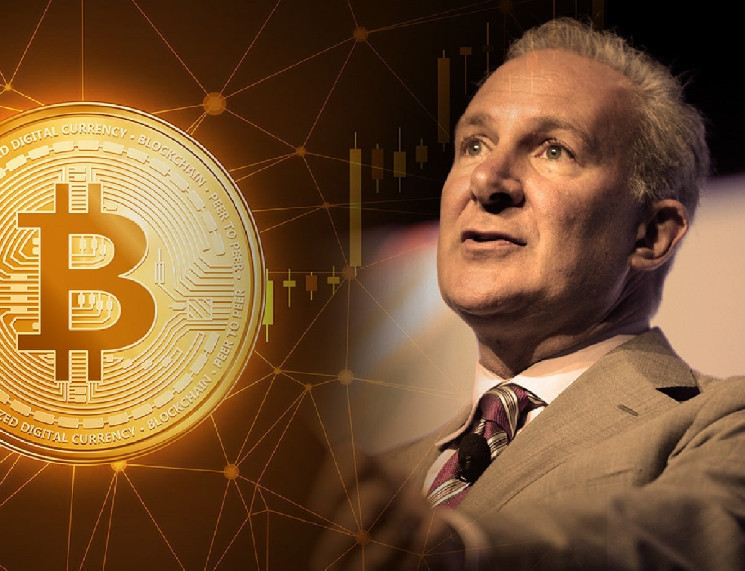Economist and longtime Bitcoin skeptic Peter Schiff has issued a strong warning against the U.S. government creating a Bitcoin reserve, describing the idea as an “unmitigated disaster” that could plunge the country into hyperinflation and financial collapse.
Schiff’s comments came in response to recent discussions, led by pro-crypto figures like RFK Jr., about the possibility of the U.S. government acquiring a significant Bitcoin reserve.
In his latest statement, Schiff theorized that if the U.S. were to purchase 1 million Bitcoins, such a large purchase would send Bitcoin prices to unprecedented highs. According to Schiff, this would prompt existing Bitcoin holders, currently worth “millions or billions,” to cash out their holdings, setting off a destabilizing cycle in which Bitcoin prices would plummet and the U.S. government would be forced to step in to buy more Bitcoins to stabilize the market.
“To keep the price from falling, the US will have to print more dollars to keep buying Bitcoin,” Schiff said. He predicted that this constant buying would devalue the dollar and lead to an inflationary spiral that could destroy the currency’s purchasing power. “A reserve of something that you can never sell and have to constantly buy is worthless as a reserve,” Schiff warned, adding that such a policy would likely trigger hyperinflation and render the dollar “completely worthless.”
Schiff noted that the dollar’s collapse would eventually force the government to liquidate its Bitcoin holdings to cover national spending. Schiff warned that this mass sell-off could lead to Bitcoin’s own collapse, “and those holding their savings in Bitcoin or dollars could be completely wiped out.”
While some advocates, including prominent crypto advocates, see a US Bitcoin reserve as a step toward financial modernization, Schiff’s analysis presents a completely different scenario. Schiff believes that the US government is unlikely to adopt such a policy, given the potentially devastating economic consequences.
*This is not investment advice.
Read the full article here

